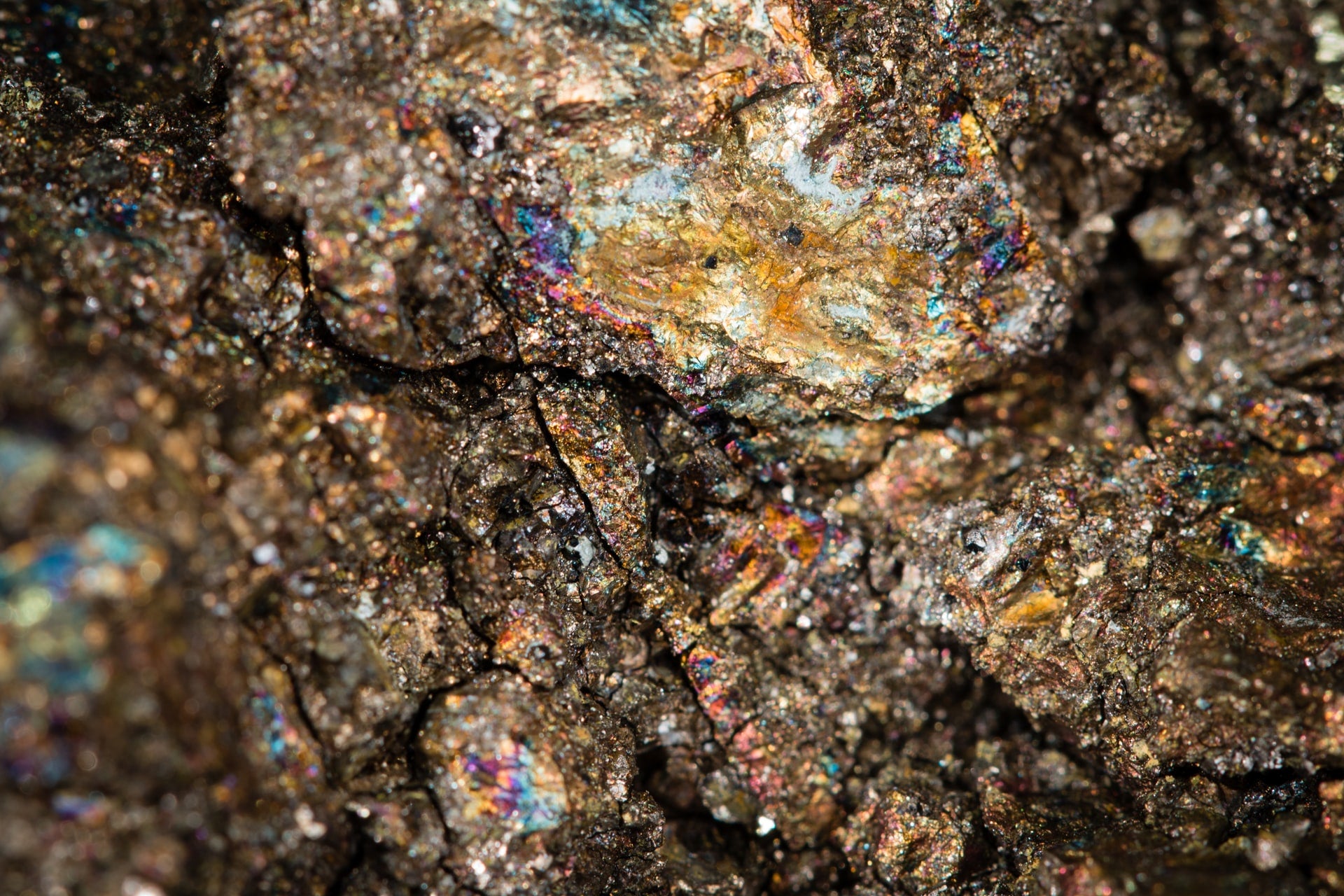What are minerals?

A mineral, in its basic form, is a solid, inorganic, naturally occurring substance. For their bodies to run smoothly, animals require them. We usually think of a mineral as a hard, rocky deposit. But minerals don’t just come from rocks-- we get them from almost all foods that we eat. Potassium, for example, is a mineral and we can find it in fresh fruits, vegetables, whole grains, legumes, meats, and milk.

Micro and Macro
The minerals that our bodies need to operate optimally are called essential minerals, and there are two kinds of them: micro and macro. We need a relatively substantial amount of macrominerals. These include Sodium, Potassium, and Calcium.
The other class, microminerals, is only needed by our body in trace amounts. This includes Iron, Zinc, and Fluoride, among many others.
Minerals have different functions. Famously, calcium helps to keep our bones and teeth strong. Magnesium aids in maintaining a healthy nervous system and iron supports many vital immune and gastrointestinal functions.
Mineral Trouble
Too much of a certain mineral can trigger a negative reaction. Too little, called a deficiency, can have a similar effect. There is some evidence that changing agricultural practices, worsening soil quality, and pollution have all contributed to a reduction in mineral quality in our fruits and vegetables. That’s why it's important to get your health foods from natural, organic, fresh sources.
LivingJuice’s Green Vitality is a great source of clean iron. Try it today!




